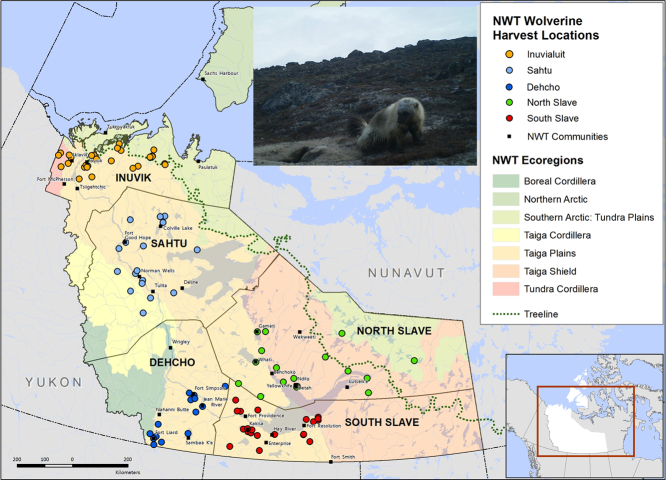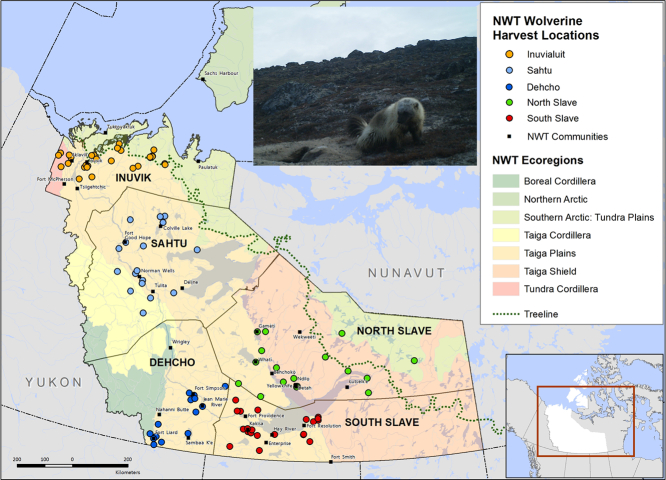Toxoplasma gondii, a zoonotic meals borne parasite that may infect nearly all warm-blooded animals together with individuals, and ranks 4th amongst 24 most vital international mealsborne parasites listed by the World Health Organization/United Nations Food and Agriculture Organization (FAO/WHO, 2014).
Exposure to T. gondii has been reported in wildlife and individuals in the Canadian North, regardless of low densities of feline definitive hosts.
The ecology of this host-parasite system could possibly be affected by altering local weather and landscape in boreal and sub-Arctic areas, and surveillance knowledge are critically wanted. Wolverines are an economically and culturally necessary species in northern Canada on account of their invaluable fur. Fluid obtained from diaphragmatic muscle of 127 wolverines (Gulo gulo) had been examined for antibodies to T. gondii utilizing an enzyme linked immunosorbent assay (ELISA).
A seroprevalence of 62% (Confidence Interval (CI): 53-71%) was noticed. This end result signifies excessive ranges of publicity, probably both by means of environmental contamination with T. gondii oocysts shed by contaminated wild felids, or consumption of carcasses/offal of different intermediate hosts containing tissue cysts with bradyzoites in tissues.

We examined factors related to seropositivity, together with age, intercourse, harvest location, harvest location with respect to treeline, and physique situation index. Adult (≥2 years) wolverines had 5.2 occasions increased odds of being sero-positive than juvenile (<1 years) wolverines.
The highest seroprevalence was noticed in wolverines from Sahtu and South Slave areas. Proportion of sero-positive wolverines harvested above and under the tree line was not considerably totally different (60% vs 65%).
Age was the solely important predictor of T. gondii publicity in wolverines (utilizing logistic regression evaluation); additional research ought to goal bigger pattern sizes. This examine is an instance of how fluid from diaphragmatic muscle can be utilized for screening for T. gondii antibodies in wolverines.
The diaphragm, generally collected for screening for one other meals borne parasite, Trichinella, in wildlife harvested for human consumption, can be utilized for screening of T. gondii publicity in wildlife. Due to their predatory and scavenging life-style and excessive trophic stage, wolverines might function a sentinel species for T. gondii.

